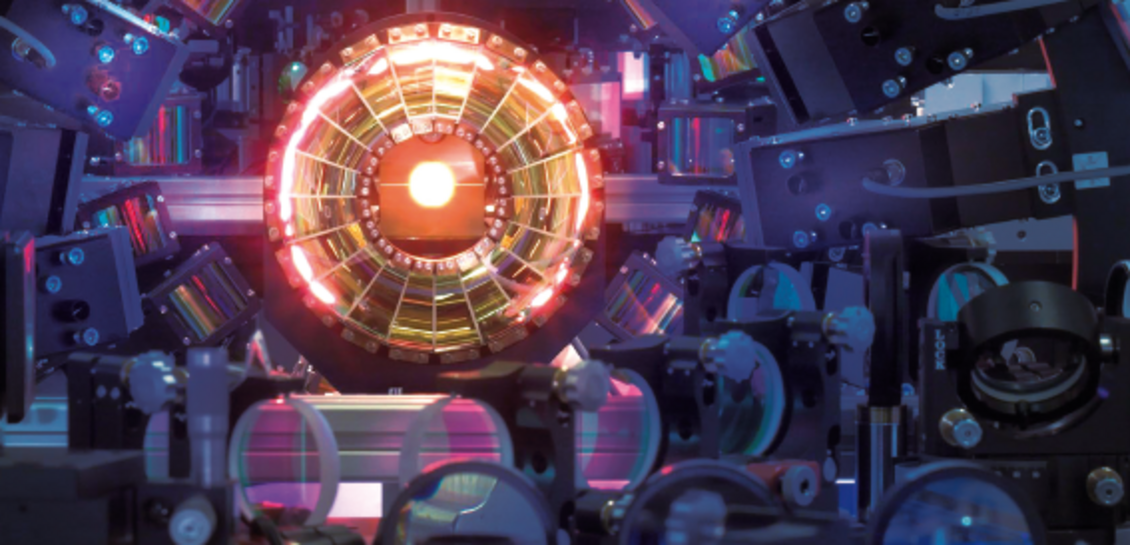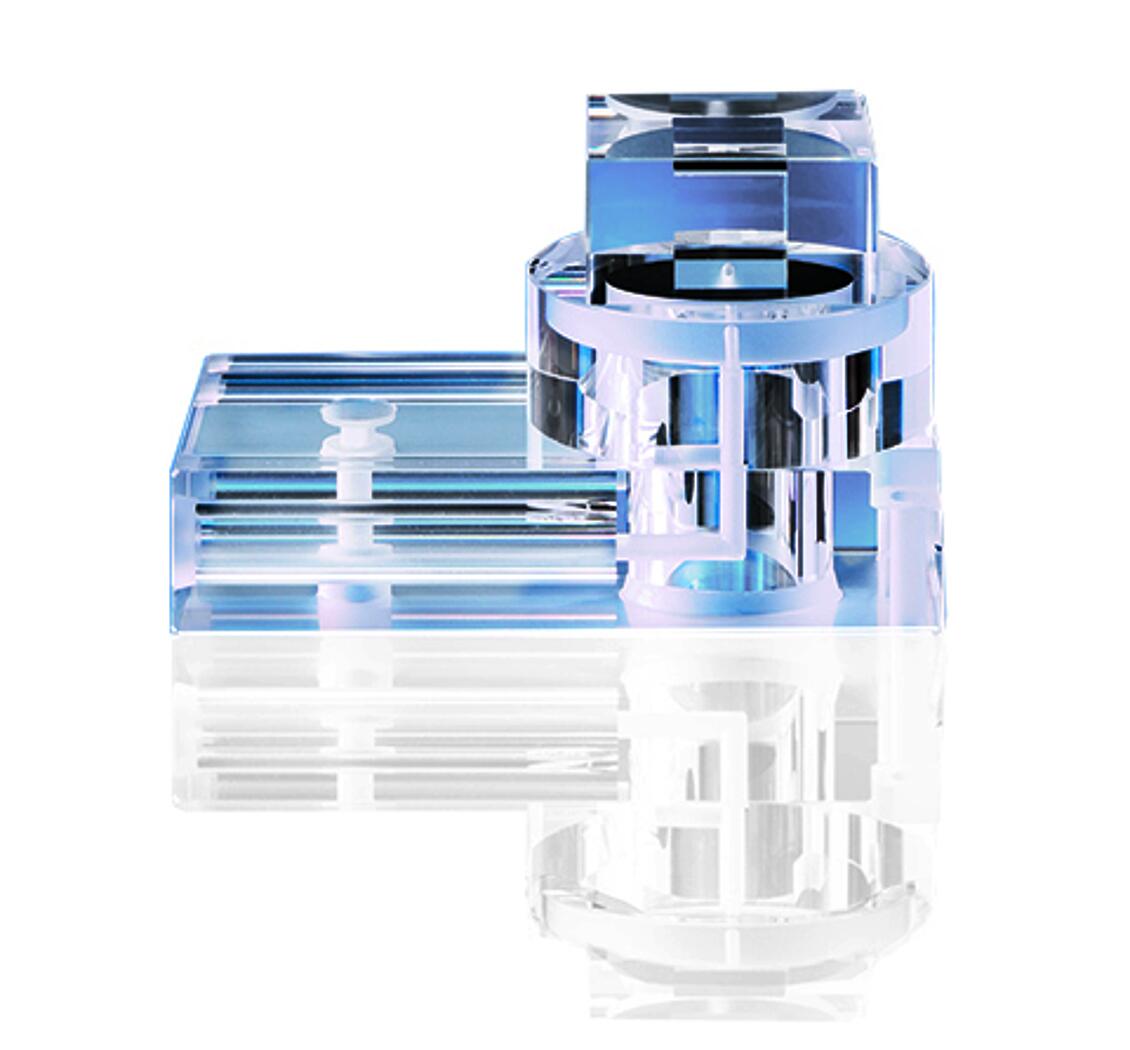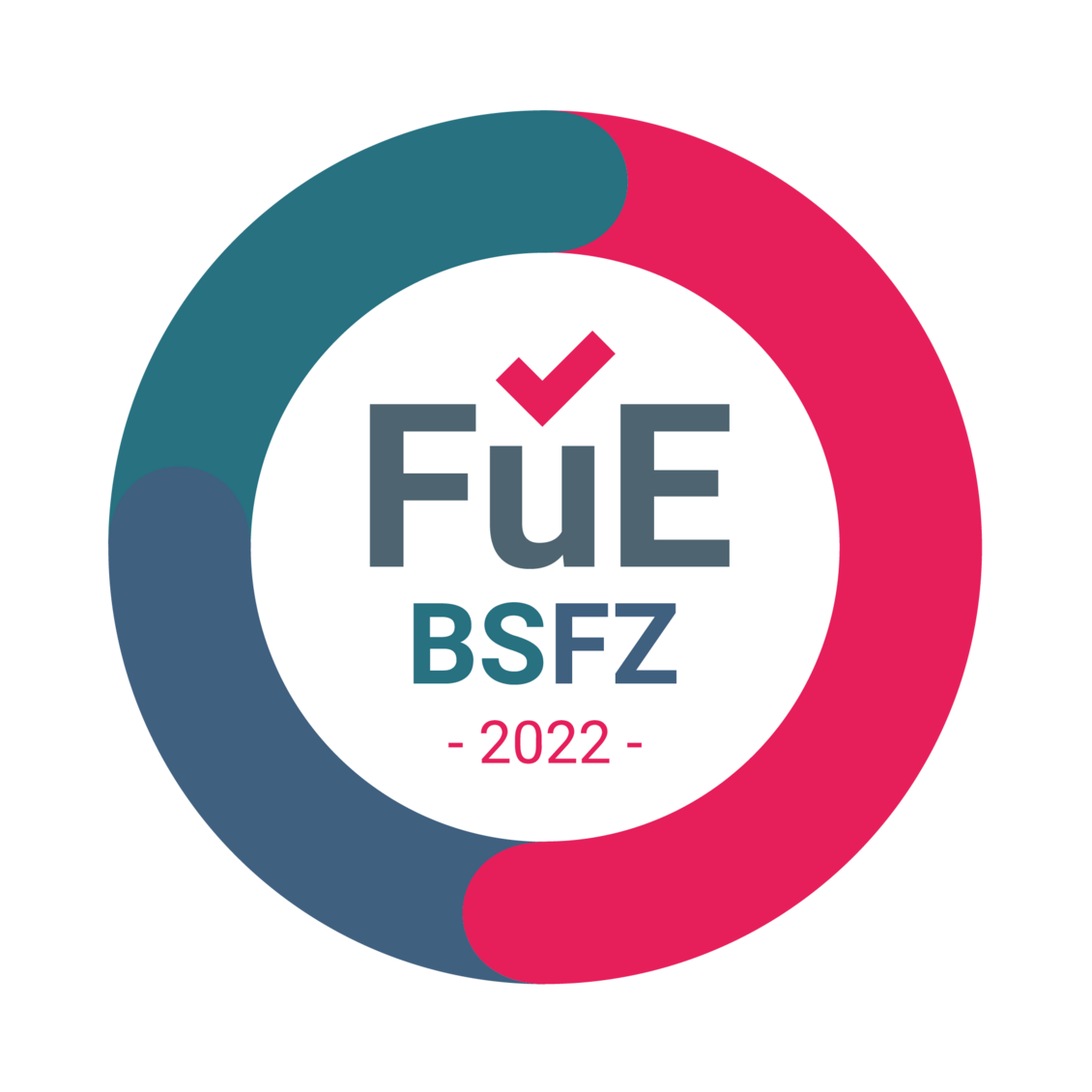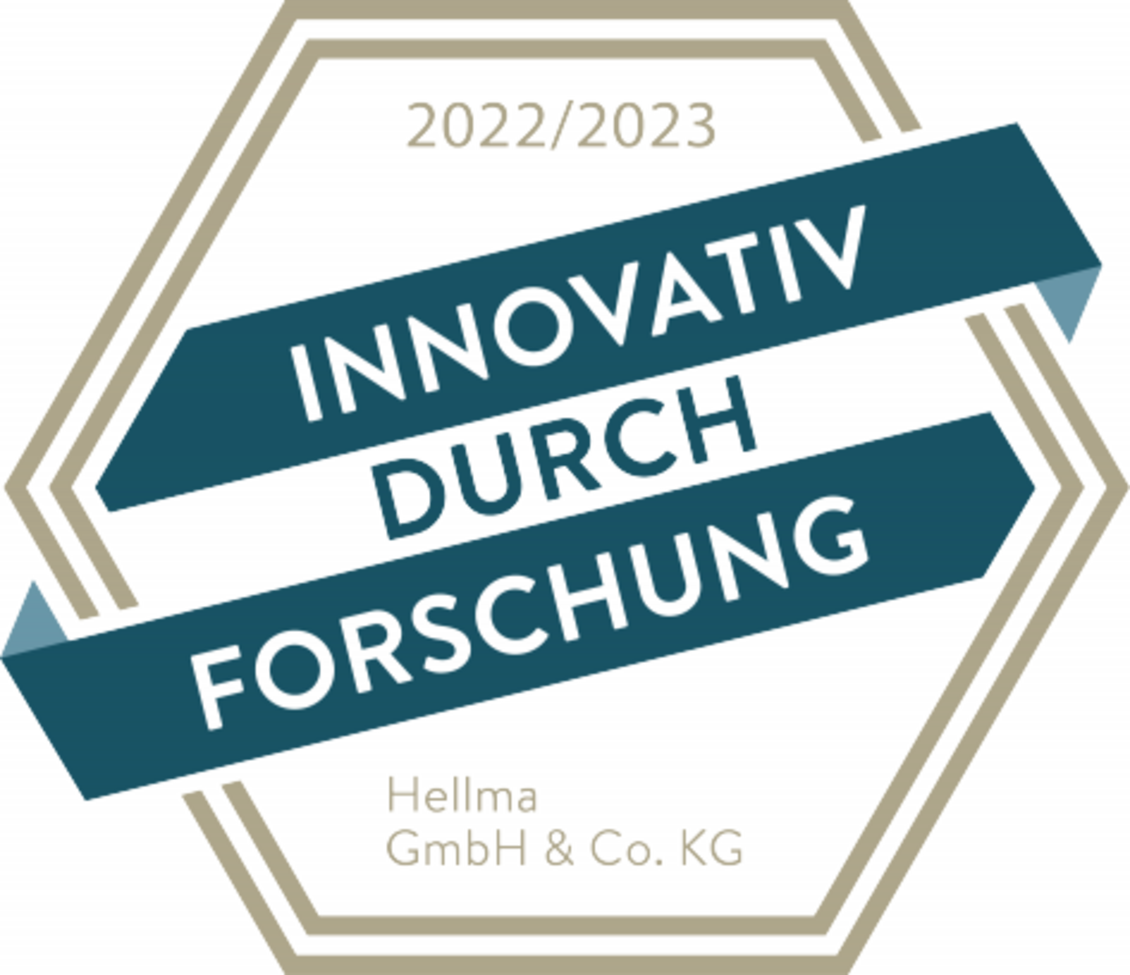

The precise knowledge about its features and the ability to put these features to use with unique optical products and solutions for partners in industry and research, have been influencing the Hellma history since 1922.

People who not only know their subject well but also continuously develop it. They represent the core competence of Hellma. With the particular know-how of its highly skilled workforce, Hellma is realizing the right products and solutions that meet the individual needs of customers. A machine alone does not make a great product, because the "HOW" makes the difference. The special features of "Made by Hellma" are the combination of years of experience and the knowledge resulting from this. The right engineering and effective process technology form a one-of-a-kind package which is leading in its sector.

The manufacturing of high-precision products of extraordinary quality requires a significant level of various skills. Consequently, close cooperation in product development and process optimization with research institutes, universities and scientific organizations has been essential from the very beginning. Products, techniques and innovations generated have created standards within the industry at an early stage. At the same time, ongoing developments of Hellma skills are being systematically supported - only those at the cutting edge can offer the best possible competence.


A visible sign of the exeptional Hellma competence is the global success of Hellma products - from deep sea to space. Extreme conditions of use and major negative consequences in the event of product failure, require the most reliable and best technological solutions. Quartz glass micro reactors manufactured by Hellma that are put to use on the International Space Station ISS, or the support of research with ultra-high vacuum cuvettes that led to winning the Nobel Prize in Physics in 1997 and 2001 are both outstanding individual achievements. In 2018, a Cer(III)-bromide (CeBr3) scintillation crystal grown by Hellma flew towards Mercury on the ESA-JAXA BepiColombo mission. There, this crystal is used in a gamma-ray/neutron spectrometer for planetary remote sensing and thus provides important information for research.

Hellma receives research allowance:
Hellma is supported in its research activities with an allowance by the BSFZ (Research Allowance Certification Office). This enables innovative projects to be realized and results to be brought to market.

A guarantee for future potential and innovative strength:
The seal Innovative through Research is awarded by the German Stifterverband. It honors Hellma for its commitment to research and development.